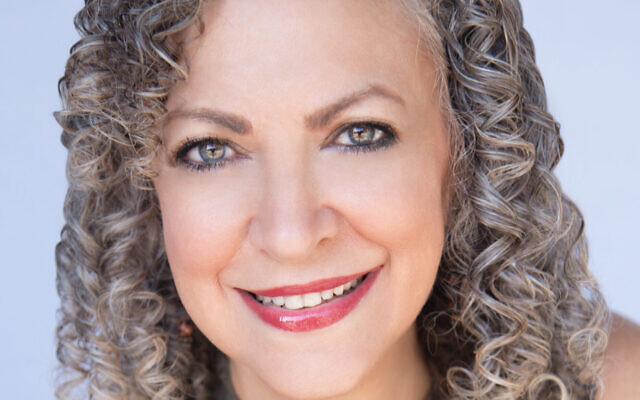Protecting Your Mental Health in Times of Crisis
We can best serve G-d, our beloved Israel, and our community by fiercely protecting the Holy vessel of our bodies, minds, and spirits as we are able.
Our Jewish community has been hugely impacted by the unprecedented terrorist attacks on Israel. When people ask us, “Do you have family there?” We say, “Yes. They are all family.”
As a psychotherapist, I’m seeing various layers of the challenges that people here, in the U.S., are facing. For some, there’s guilt that friends and family are in Israel, combating evil while grieving great loss, and they’re here, able to sleep in their beds and eat food, with a sense of safety. Others feel powerless to stop the reign of terror. People are ashamed of wanting to turn away from the images or hearing another devastating story, while some view the horror in a stance of solidarity for those experiencing it. Many are depressed and numb, unable to fully function.
So where do we begin to protect our own mental health and serve those suffering? Living in the AND, rather than the either/or. This concept addresses our psychological struggle to live with acceptance of both joy and sorrow in our hearts. To do so, side-by-side, instead of EITHER living in joy OR sorrow, is the task of the connecting word, “AND.” For example, “I’m devastated at the loss in Israel AND it’s my daughter’s wedding day.” “My heart is broken AND I must go to work to support my family.”
Compassion for ourselves isn’t selfish. It lets us fully experience our human emotions and set boundaries for our health and wellbeing while maneuvering through conflicting emotions. This means checking in with ourselves throughout the day. Ask, “How do I feel and what can I do to counter and balance myself?”
Survivor’s guilt is a condition first recognized in the 1960s and largely due to Holocaust survivors. It includes feelings of guilt for surviving a tragedy when others lost their lives. It can also be triggered by thoughts that the survivor did something or didn’t do enough that contributed to the devastating outcome. Now it’s recognized as a part of PTSD (Post Traumatic Stress Disorder). Notice if you’re suffering from this type of guilt.
Wanting to know every bit of what’s happening AND practicing self-care might allow you to watch, or only listen to, the news at set times of the day and for limited periods. Doomscrolling on social media is a term for devouring negative content. The intent is often to gain more knowledge or information but, instead, leads to burnout, anxiety, panic attacks, loss of appetite and sleep. “Let me just see the next story,” or “I just want to scroll down to see what that person has to say,” can quickly take you down the rabbit hole to despair.
When you turn the TV or phone off, take inventory of yourself. Notice your breathing and deepen it, taking several cleansing breaths and exhaling them. Observe the tension gripping your physical body. Breathe into those places and release it. Send out a prayer.
Children, and many of us adults, should not view the violent images. Trauma shock is the body and mind’s defense mechanism that occurs when the nervous system is overwhelmed and stops functioning as usual. You may not realize it at first because it’s accompanied by a range of physical and emotional symptoms. You may experience numbness, mental confusion, disassociation, light-headedness, and rapid heartbeat.
The situation in Israel is ongoing. In order to be of service to ourselves and others, we need to stay hydrated, nourished by eating well, and being mindful of our restorative sleep. We need to stay connected to G-d and turn all things not in our control, over to G-d. And it’s important to engage in life even more. It’s what those we pray for would want for us.
We can best serve G-d, our beloved Israel, and our community by fiercely protecting the Holy vessel of our bodies, minds, and spirits as we are able. Just like the airplane instruction to put on our own oxygen masks in order to help our children, we’re no good to anyone if we collapse.
Anhedonia is the loss of pleasure in activities previously enjoyed. For instance, several people who love baseball told me they were not watching the World Series because it felt frivolous, but those things that bring pleasure might restore your soul so that you can take meaningful actions.
Pray. Donate. Volunteer. Focus on and express gratitude. Practice Judaism in your home and community. We can acknowledge our deep suffering AND allow joy to help us heal.
Am Yisrael Chai.




comments